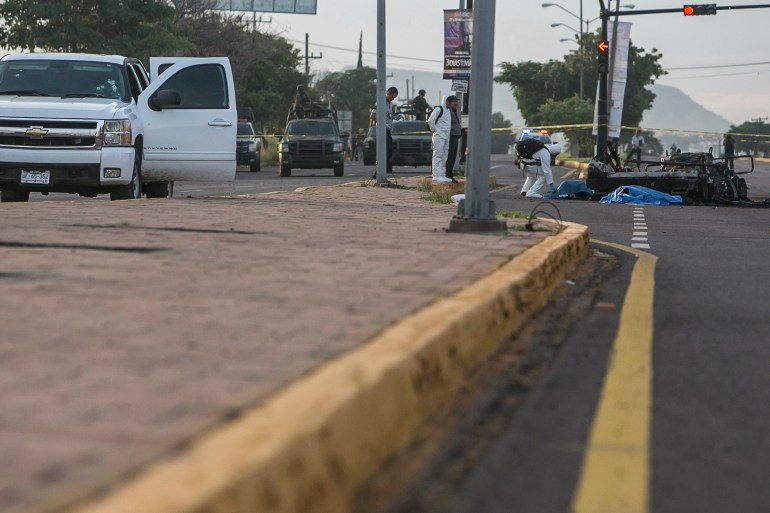Could Jason Kenney's low approval rating hurt Erin O'Toole? Not likely in Alberta
Alberta premier's approval rating lowest in the country

While pundits speculate about whether Premier Jason Kenney's low approval rating in Alberta could hurt the federal Conservatives, some third-party advertisers and candidates are actively exploiting their connection.
In one radio advertisement, the listener gets to "eavesdrop" on two nurses discussing Kenney's attempt to cut their salaries.
"And it's not just Jason Kenney. I mean, Erin O'Toole," says one of the actors, referencing the federal Conservative Party leader.
"Oh, yeah, he's just as bad," says the other. "Voted to cut health care — and he supports Kenney right down the line."
Anticipating a federal election call, a political advertiser called the Protecting Canada Project has been airing radio, video and social media advertisements since January, many of which tie O'Toole to Kenney.
Both politicians were cabinet ministers in Stephen Harper's Conservative government. In the 2019 federal election, the freshly anointed premier travelled to Ontario to campaign for the federal Conservatives. Kenney endorsed O'Toole in the federal party's 2020 leadership race.
Another advertisement funded by Unifor, which aired before the election campaign began on Sunday, alleges that an O'Toole government would cut health care and public services, "just like Jason Kenney."
The Conservatives' platform says it would boost funding for mental health, incentivize domestic vaccine production, and increase the growth rate of health transfers to provinces and territories.
Unifor president Jerry Dias is blunt about his union's strategy.
"Jason Kenney is unilaterally hated across the rest of the country," he said. "Obviously, we are using the relationship between Kenney and O'Toole to hurt O'Toole."
Unifor is focusing on 24 ridings that saw close races in the last election to try and give progressive candidates an edge, he said. Three of those target ridings are in Edmonton, he said.
Alberta's lone NDP MP before dissolution, Heather McPherson, also has the provincial Conservatives in mind while she campaigns for re-election in Edmonton-Strathcona leading up to the Sept. 20 election.
"I can say that we hear Jason Kenney's name on those doorsteps more than anything else," she said while out door-knocking earlier this week.
Residents mention the UCP government's adversarial relationship with doctors and nurses, changes to the K-12 education system and opening the door to more coal mining in the Rocky Mountains as flashpoints, she said.
"I think the Conservatives will pay a price for that, and I think they should," McPherson said.
A June poll by the Angus Reid Institute (ARI) pegged Kenney's approval rating as lowest of the Canadian premiers, at 31 per cent.
The premier's press secretary did not respond to a request for comment.
Conservative campaign organizers in Alberta said no federal candidates were available for an interview.
Pundits see no major upsets in Alberta
Strategist Michael Solberg says he can see why progressive parties would jump to use Kenney's reputation to try to bludgeon O'Toole.
The director at New West Public Affairs, and a past Stephen Harper staffer, Solberg said it's a tempting tactic for Liberals who want to distract from their own foibles.
It's a strategy Kenney himself used during the 2019 provincial election campaign, referring to the "Trudeau-Notley alliance," to imply NDP Leader Rachel Notley was aligned with Prime Minister Justin Trudeau.
Solberg said the phrase played well in Alberta. But he doesn't think tethering the premier to O'Toole will have the same success.
"I have yet to see any examples of how that could possibly be working," he said. "This is a federal election that will be decided on federal issues."
Polling data bolsters his stance.

Although recent polls suggest support for the federal Conservatives has substantially dropped since the 2019 election campaign, an online ARI poll last week found half of Alberta voters intended to cast ballots for Conservative candidates.
Angus Reid Institute president Shachi Kurl said this far outweighs the support for any other party in the province.
"While Albertans in their province may be very angry with their premier at the moment ... it may or may not translate into a change in federal vote," she said.
University of Calgary political science Prof. Anthony Sayers said the Conservatives have such a wide margin of support in enough of Alberta's 34 federal ridings that major upsets during this election are unlikely.
All support bleeding from Conservatives would all have to go to one opposing candidate, rather than splintering among parties on the left and right, he said.
He does think Alberta's economy and demographics are changing enough that a political shift — and more competitive elections — will ultimately follow.
Meanwhile, has Kenney been asked to stay away, or might he appear alongside O'Toole during the campaign?
Solberg said it could happen if the federal leader makes an Alberta stop.
"I think it's possible, and I think it would actually do well."
With files from Paige Parsons, Erin Collins and Mathieu Gohier












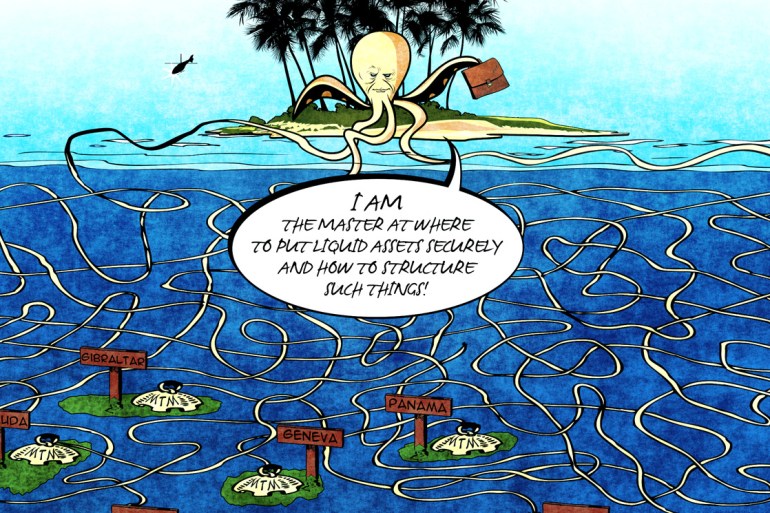
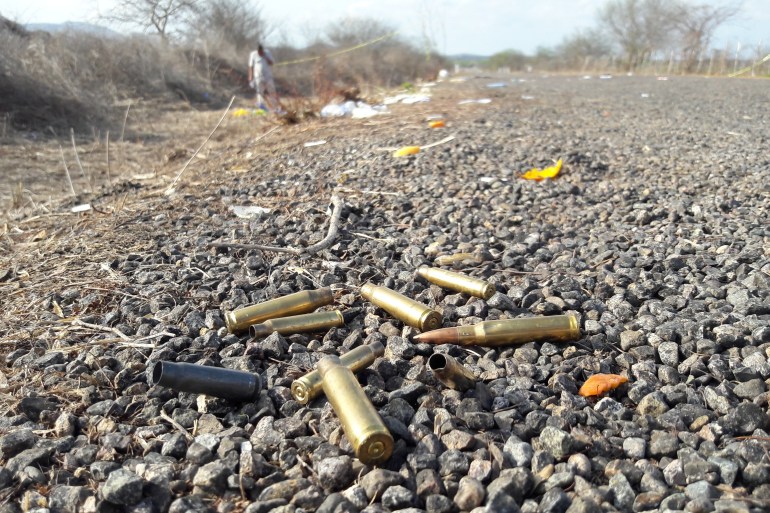
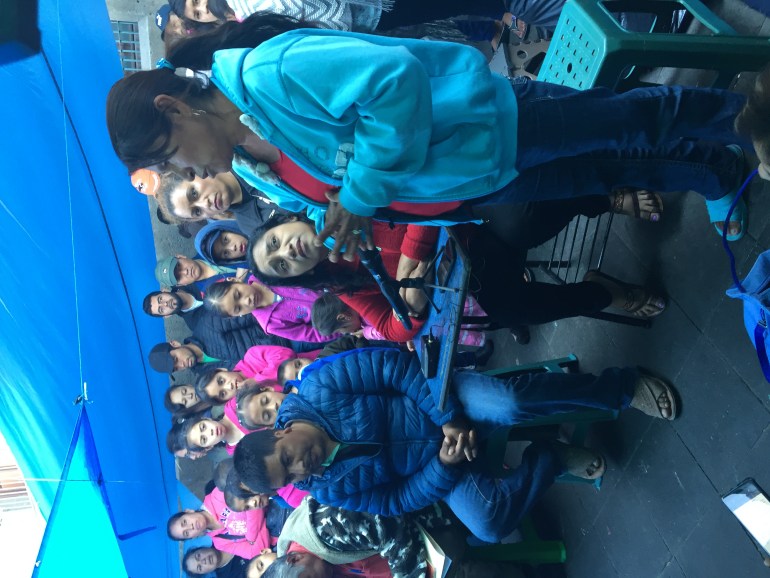
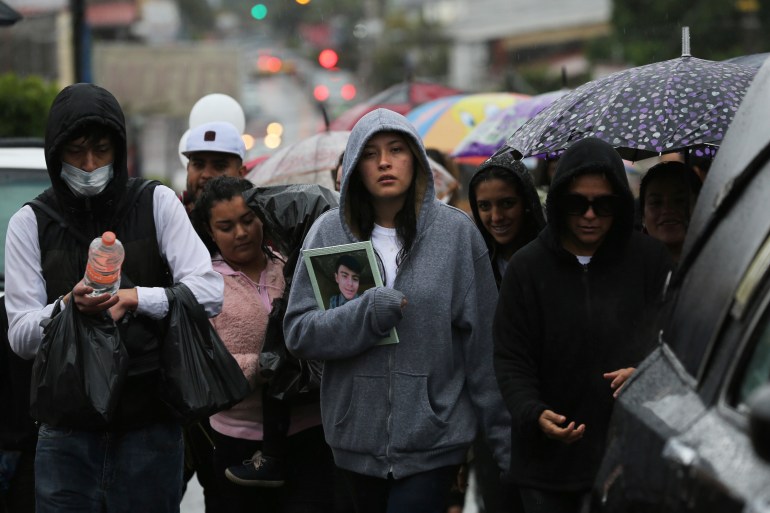 Family and friends attend a February 5, 2020 funeral procession for one of the victims of a shooting at a video-game arcade in Uruapan, Mexico, where violence reached shocking proportions as cartels battled for territory [File: Marco Ugarte/AP Photo]
Family and friends attend a February 5, 2020 funeral procession for one of the victims of a shooting at a video-game arcade in Uruapan, Mexico, where violence reached shocking proportions as cartels battled for territory [File: Marco Ugarte/AP Photo]